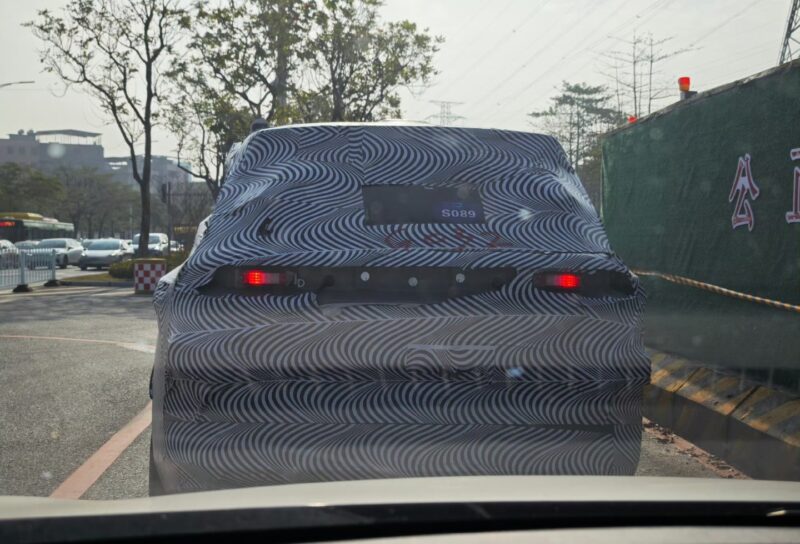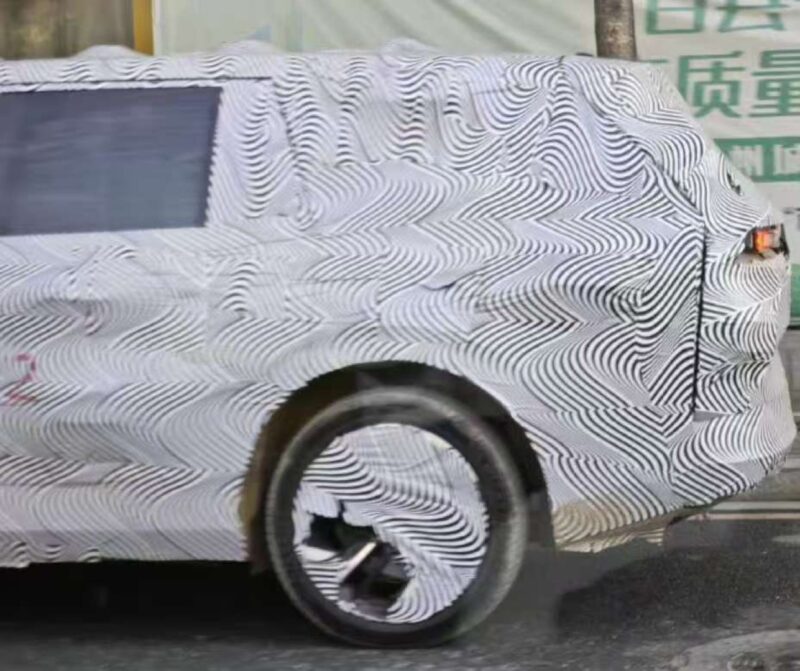Xpeng is preparing to enter the range-extended hybrid market with the G01, its first model featuring a range-extender powertrain. Internally codenamed G01, the new SUV will be positioned as a large three-row, six-seat vehicle. It is expected to begin mass production in the fourth quarter of 2025 at Xpeng’s second factory in Huangpu, Guangzhou, with a market launch to follow by early 2026. Pricing is expected in the 250,000–300,000 yuan range (approx. 34,400–41,300 USD).

Developed on Xpeng’s all-new “G-platform,” the G01 draws inspiration from the all-electric G9 but is not a direct derivative of existing architectures. It will feature the “Kunpeng Super Range Extender” developed with Harbin Dongan Auto Engine Co., Ltd, enabling a CLTC-rated pure electric range of 430 km and up to 1,400 km. The G01 also supports 800V silicon carbide fast charging, offering rapid top-ups—reportedly reaching 80% in just 12 minutes.

The G01 is aimed squarely at family buyers and long-distance travellers. With a 5.1-meter body and a 3-meter wheelbase, it offers spacious third-row seating with over 50 cm of depth and a wide second-row aisle for easy access. The trunk can accommodate four 28-inch suitcases and a stroller.

The vehicle emphasises comfort and tech. Features include seats co-developed with Nissan’s “Zero Gravity” team, a built-in refrigerator, rear entertainment screens, and a near-silent range extender. These elements are designed to appeal to buyers considering alternatives like the Li Auto L8 and Aito M7.

The G01 will come equipped with Xpeng’s latest XNGP advanced driver assistance system. This includes lidar, millimeter-wave radar, and binocular cameras to enable navigation in complex urban environments such as Chongqing’s multi-level interchanges. The system predicts ramp changes up to 2 km ahead and dynamically manages energy usage between electric and hybrid modes.

With the G01, Xpeng marks a strategic shift from its previous pure EV-only strategy. The model is intended to kickstart a broader dual-powertrain lineup that complements its existing electric models. It also positions the company to compete more directly with hybrid-focused rivals like Li Auto and Avatr.

Although many technical details remain unconfirmed and current information is based on industry sources, the G01 is shaping to be a significant move in Xpeng’s evolution. Whether the company can translate its EV expertise into success in the hybrid segment will be closely watched.



